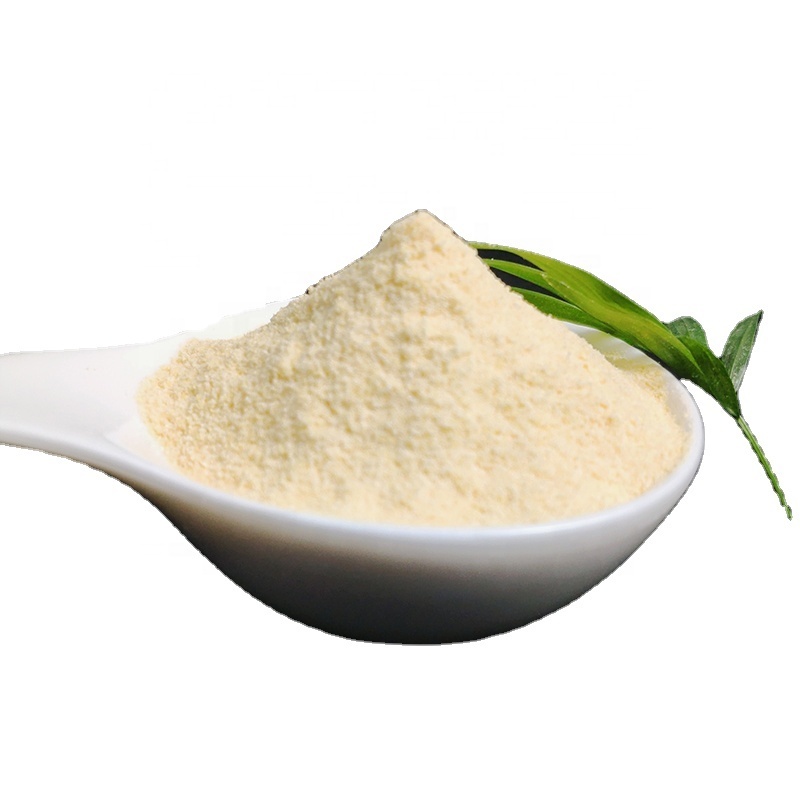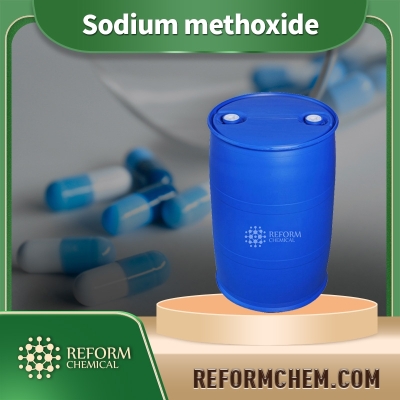-
Categories
-
Pharmaceutical Intermediates
-
Active Pharmaceutical Ingredients
-
Food Additives
- Industrial Coatings
- Agrochemicals
- Dyes and Pigments
- Surfactant
- Flavors and Fragrances
- Chemical Reagents
- Catalyst and Auxiliary
- Natural Products
- Inorganic Chemistry
-
Organic Chemistry
-
Biochemical Engineering
- Analytical Chemistry
-
Cosmetic Ingredient
- Water Treatment Chemical
-
Pharmaceutical Intermediates
Promotion
ECHEMI Mall
Wholesale
Weekly Price
Exhibition
News
-
Trade Service
Will oil prices rise?
In JPMorgan's view, if extremes happen, international oil prices will reach a high of
$380 a barrel.
JPMorgan analysts have warned that global oil prices could reach $
380 a barrel if U.
S.
and European sanctions prompt Russia to retaliate against production cuts.
Currently, the G7 is hammering out a complex mechanism to limit the price of
Russian oil.
But JPMorgan believes Russia has the ability to cut daily crude oil production by 5 million barrels
without unduly damaging the economy.
For much of the rest of the world, however, the results could be catastrophic
.
JPMorgan believes that if Russia's supply is reduced by 3 million barrels per day, it will raise the benchmark London crude oil price to $190, while in the worst case, Russia's 5 million barrels cut could mean that crude oil prices will soar to $
380.
JPMorgan Chase & Co.
argues:
And chains are likely to bring pain to the West by cutting crude oil production and reducing exports
.
The energy sanctions imposed on Russia by European and American countries do not seem to have the desired effect: with the increase of sanctions, Russian oil prices have risen instead of falling
.
Russian government data shows that the price of Russian Urals oil relative to Brent crude has actually appreciated
.
From mid-May to mid-June, Ural oil prices averaged $87.
49 a barrel, up nearly 20%
month-on-month.
While still well below Brent oil prices, the gap between the two has narrowed
significantly.
Strong demand from Asia has supported Russian crude exports
.
Statistics show that in the first 13 days of June, oil exports through pipelines operated by Transneft PJSC and Russian port facilities averaged 4.
62 million b/d, just slightly below the same period
in May.
In addition to the support of Asian buyers, OPEC's limited capacity to increase production has also boosted Russian oil prices
.
According to French President Emmanuel Macron, the UAE and Saudi Arabia are almost unable to increase oil production: the UAE's production capacity has reached its limits; Saudi Arabia's production can only increase by 150,000 barrels per day; The two countries did not have much capacity
to increase production in six months.
The continued rise in Russian oil prices has put European and American energy sanctions in an awkward position
.
At the recent G7 leaders' summit, G7 leaders announced new sanctions against Russia and agreed to set price caps on Russian oil and gas imports
.
Possible measures include a ban on the provision of sea services to tankers carrying Russian oil, unless the oil is sold for less than a certain price
.
Proponents say the proposal would achieve two goals: reducing oil sales in Russia and lowering international oil prices
.







